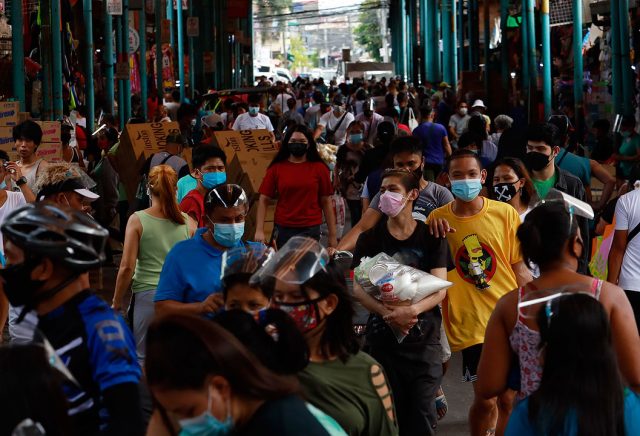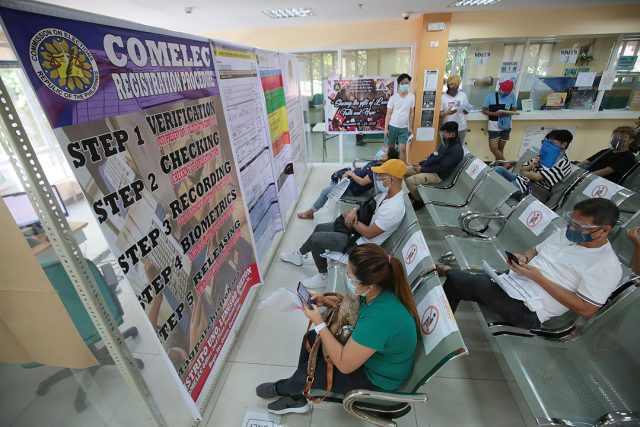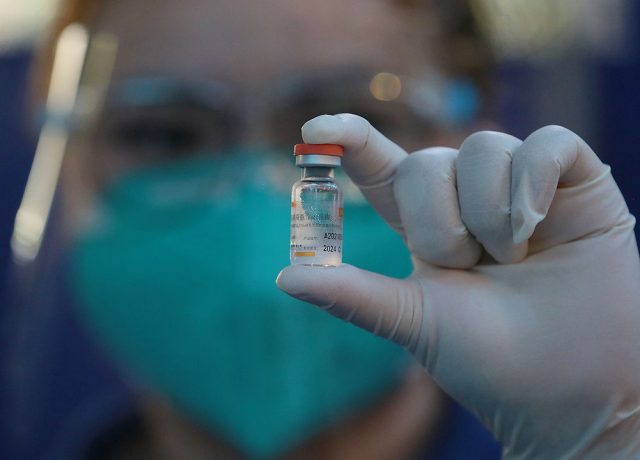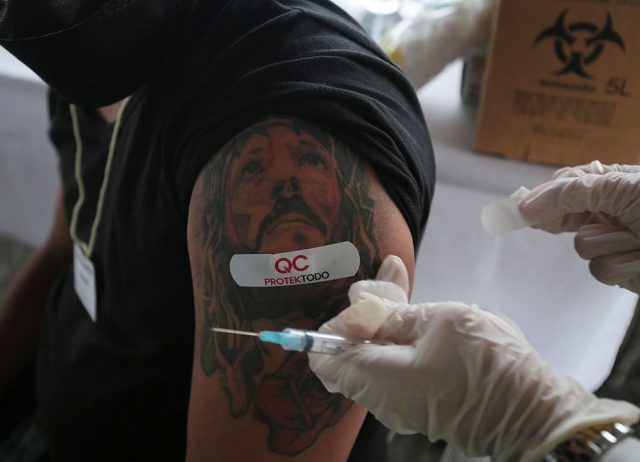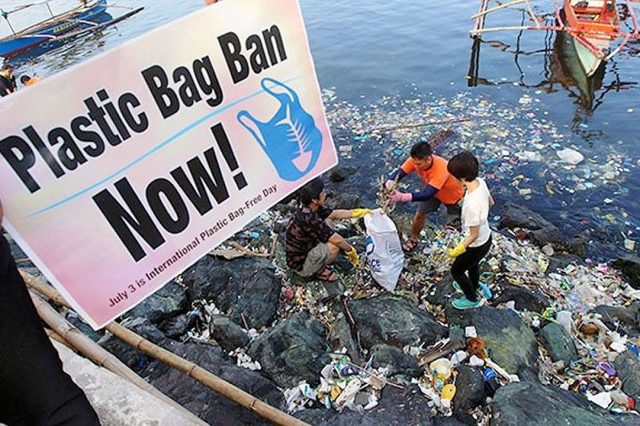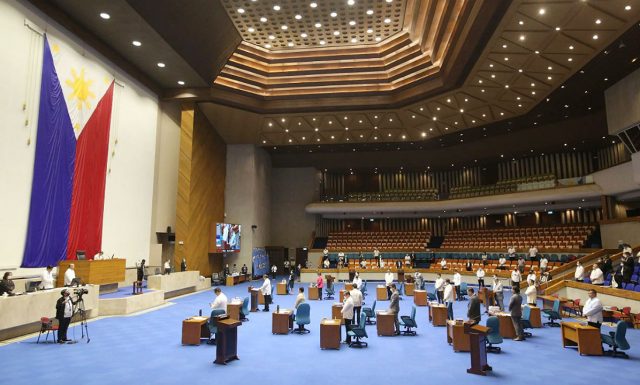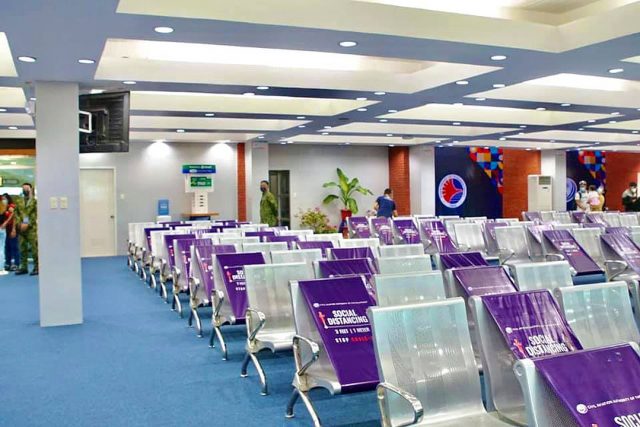PSEi rebounds on bargain hunting, lower cases
SHARES climbed on Wednesday on bargain hunting and the lower coronavirus disease 2019 (COVID-19) infections recorded on Tuesday.
The benchmark Philippine Stock Exchange index (PSEi) went up by 48.75 points or 0.70% to close at 6,934.11 on Wednesday, while the broader all shares index gained 12.29 points or 0.28% to finish at 4,297.01.
“Market went on bargain hunting [on Wednesday] with [the infection] rate down to 13,000, while NCR (National Capital Region) level [was] lowered to moderate risk,” Diversified Securities, Inc. Equity Trader Aniceto K. Pangan said in a text message, adding that the country’s vaccine rollout also boosted market sentiment.
The Health department recorded 13,846 new COVID-19 infections on Tuesday, which brought active cases to 132,139. Total infections were at over 2.52 million.
The government will roll out COVID-19 jabs to the general population, including minors, next month. Vaccine czar Carlito G. Galvez is also eyeing to vaccinate 85% of Metro Manila’s population.
“[The] market was in the red territory due to the negative spillovers from Wall Street caused by the rise in US Treasury yields and US government shutdown worries,” Japhet Louis O. Tantiangco, senior research and engagement supervisor at Philstocks Financial, Inc., said in a Viber message.
“Trading remained strong this Wednesday… above the year-to-date average of P7.16 billion,” Mr. Tantiangco added.
Value turnover decreased to P9.88 billion with 1.99 billion shares switching hands on Wednesday, down from the P15.04 billion with 2.14 billion issues traded the previous day.
Wall Street stocks ended sharply lower on Tuesday in a broad sell-off driven by rising US Treasury yields, deepening concerns over persistent inflation, and contentious debt ceiling negotiations in Washington, Reuters reported.
The Dow Jones Industrial Average fell 569.38 points or 1.63% to 34,299.99; the S&P 500 lost 90.48 points or 2.04% to end at 4,352.63; and the Nasdaq Composite dropped 423.29 points or 2.83% to 14,546.68.
US Treasury yields continued rising, with 10-year yields reaching their highest level since June, as inflation expectations heated up and fears grew that the US Federal Reserve could shorten its timeline for tightening its monetary policy.
Back home, sectoral indices were split on Wednesday. Holding firms climbed 103.07 points or 1.50% to 6,950.92; property rose 18.07 points or 0.59% to 3,048.35; and services inched up by 4.50 points or 0.23% to end at 1,917.20.
Meanwhile, industrials lost 57.90 points or 0.57% to close at 10,036.47; financials shaved off 2.97 points or 0.21% to 1,411.19; and mining and oil went down by 6.25 points or 0.06% to 9,085.88.
Decliners beat advancers, 109 against 85, while 49 names closed unchanged.
Net foreign selling slowed to P1.47 billion on Wednesday from the P1.94 billion recorded on Tuesday. — Keren Concepcion G. Valmonte with Reuters


